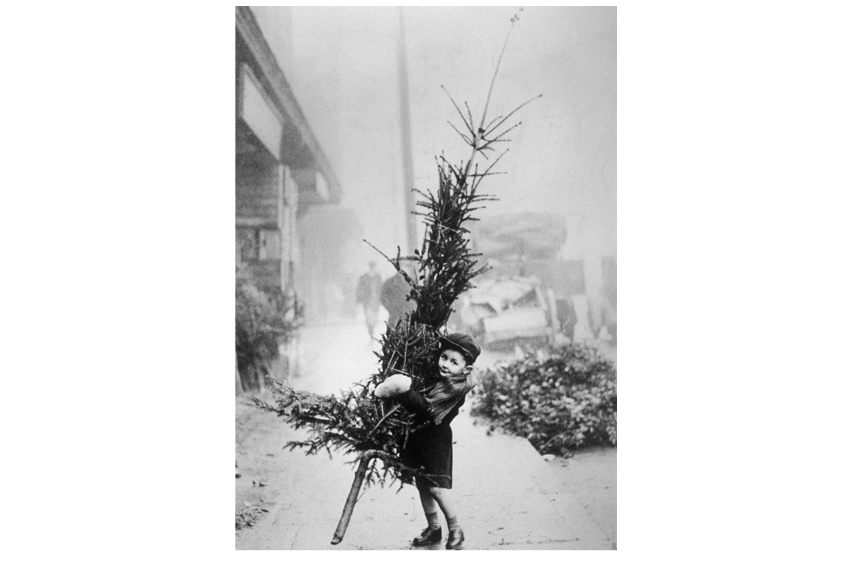I have hitherto resisted my wife’s frequent recommendations that I should read a daily blog about the life of the denizens of Spitalfields, but, now that they have been published in book form, I can see why she is such an enthusiast.
The Gentle Author is deliberately anonymous and bases his style on a combination of John Gay and Henry Mayhew, a pseudo-18th-century faux naïf, who wanders round his local neighbourhood collecting the tales of ordinary folk, including the last of the so-called swagmen who has a market stall in Spitalfields, the waiter in an Indian restaurant just off Brick Lane, Fred, who sells chestnuts at the corner of Bell Lane and Wentworth Street, and Paul Gardner, the fourth generation in his family to sell paper bags.
It is astonishing how many small traders survive through several generations and what stories they have to tell, like Maria Pellicci who works a 13-hour shift running her family’s café in the Roman Road, having left Tuscany in 1961. Many of them are immigrants, but they have been sucked into the life of the neighbourhood, sometimes over several generations, and are admirably unembittered about the racial prejudice they met in the 1950s.
There are some people who I would have liked to be included. I’m sorry, for example, that the Gentle Author never managed to interview David London, who ran an old East End tailors in the Bethnal Green Road, supplying suits to Gilbert and George before departing to Spain. And he ought to have caught Richard Naylor, an ex-architect, who established Jones the Dairy as a reincarnation of an old East End food shop in the late 1970s just off Columbia Road.
Some of the stories are incredibly moving, like the account of Joan Rose, who was brought up living poor in the Boundary Estate, where her father ran a greengrocers in Calvert Avenue, before moving to Blackpool in the war and became a teacher in Becontree. She comes back to visit Leila’s, which is now once again a greengrocers in Calvert Avenue.
Gradually, and without necessarily meaning to, the Gentle Author builds up a convincing picture of urban life below the radar of the urban sociologist, demonstrating far more convincingly than an economic historian how cities are dependent not just on big supermarkets, but on the hard work of small traders, working long hours, like the motor mechanics in the railway arches under the tracks leading into Liverpool Street who keep taxis on the road. They all have their tales to tell and they are often surprisingly eloquent about their abnegation of the profit motive, working for the love of it and from a sense of inherited duty.
Indeed, the Gentle Author has a philosophy of respect for these small traders which he describes in the entry for the man who sells paper bags: ‘His is a more equitable version of capitalism tempered by mutual respect and a belief in the essential goodness rather than the essential greediness of people’. Perhaps this is what Cameron means when he talks of the big society.
It’s not quite clear why the Gentle Author has decided to collect these stories. He’s not a professional sociologist or an urban philosopher, just someone with an endless curiosity about tales of ordinary life, a blogger. It gives his narrative an admirably dispassionate quality, like a modern-day August Sander and his photographs are reminiscent of Sander. His accounts should be enjoyed (as they are intended to be) as relics of ordinary lives, demonstrating how the ordinary is so often extraordinary on close inspection.
The book reminds me of my own trips wandering round the East End in the early 1970s, armed with Ian Nairn’s London and Geoffrey Fletcher’s The London Nobody Knows. Indeed, the Gentle Author has more than a touch of Geoffrey Fletcher in his ability to seek out the elegiac in the back streets of Spitalfields before it is overwhelmed by a tidal wave of gentrification and now high fashion, which is sweeping into Redchurch Street and converting every shop into a West End boutique.






Comments